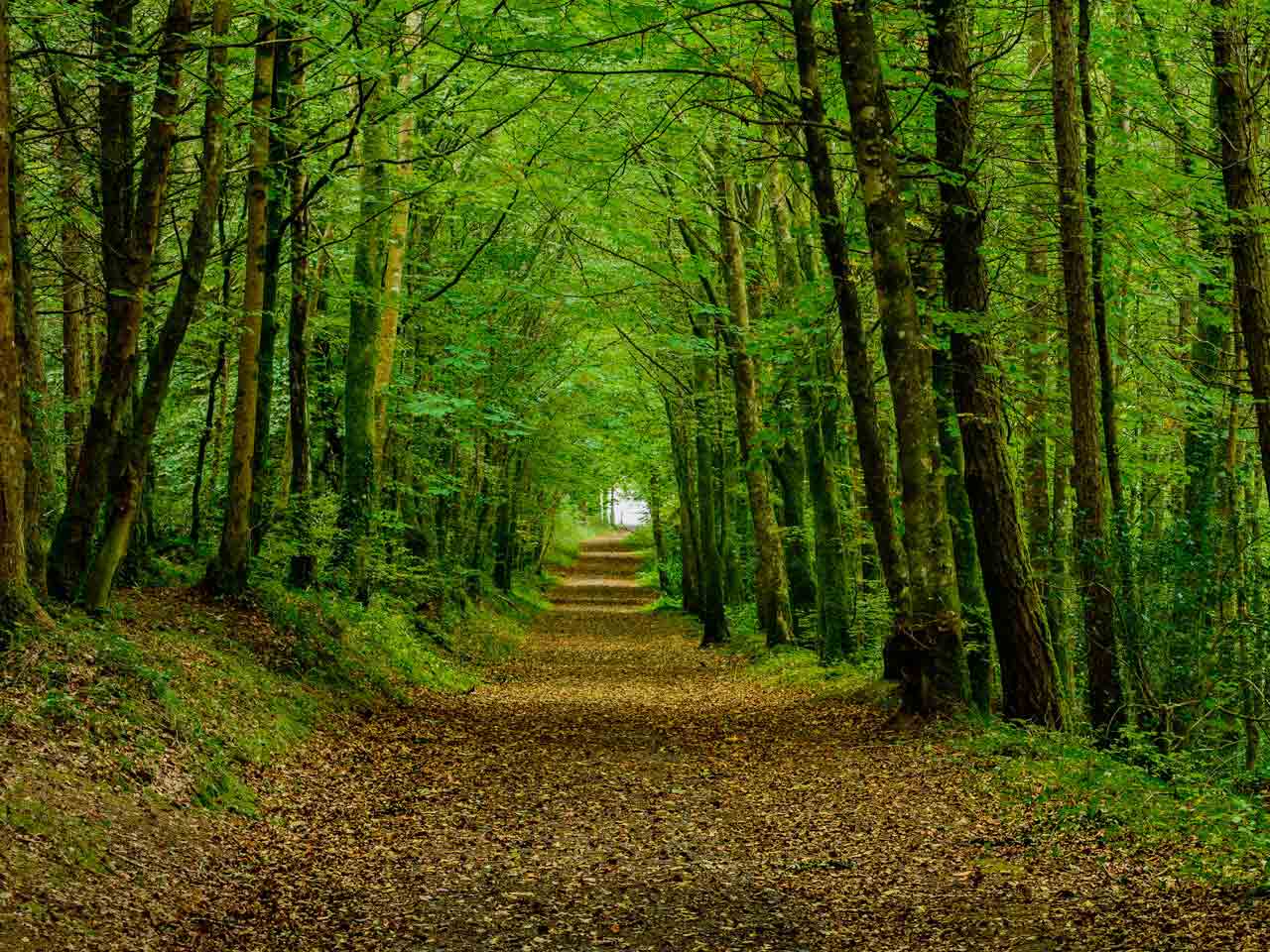As an amateur organisation the GAA and its structure of Clubs, County Boards and Provincial Councils all depend upon the generosity of supports and benefactors.
While corporate sponsorship can assist in the running of the higher levels of the organisation, the grass roots depend upon local fundraising.
From bed pushes to church gate collections, there are all types of avenues open to voluntary organisations, including GAA Clubs, to gather money.
Only rarely does the law interfere with this fundraising process. When it does, however, it is fundamental to the entire process.
In simple terms, you cannot have a gate collection without a permit. You cannot run a Lotto without a licence. You cannot have a fund raising draw unless it has been authorised by the courts.
In simple terms, you can divide sources of fund raising into two categories. The first is where there is an ongoing event that continues year long, week after week. An example of this can be a Lottery or a 50/50 Draw. In both cases, an application must be made once a year to the District Court for that area where the club is located. An application for such a Lottery, whether it is by way of raffles or bingos, or more importantly Club Lotto, must be done properly. Any application must be made through the Club Secretary. The Gardai must be notified and they must have no objection to the application being made. A formal application must be made to the Court Clerk for the area and ultimately, a District Court Judge has a decision to make as to whether or not to grant the fundraising venture. As this is a community based fund raising event, there is usually no objection. However, clubs cannot take applications like this for granted. The Gardai certainly have the ability to object and can do so if there are issues with the club, such as rowdiness at games, or misbehaviour of club players. There is a wide scope for the Gardai to object to any club application if they wish.
From the Judge’s point of view, they need to know that the money collected will go directly to the intended source. If there is any suggestion that it is being used to fund official’s trips and not underage teams, then Judges take a very dim view of this and may object.
The most popular types of applications that come before the Court for regular fund raising are:
- Club Lotto’s
- 50/50 Draws
- Club Bingo
These are constant streams of income via fundraising for clubs.
The second source of income for clubs can revolve around one significant event. You now see country wide, single events, which are used as a means of trying to generate a large amount of money in one go for a club. By way of example, you can have a team blitz, where a number of teams are invited to a one day event, such as the Kilmacud Seven’s competition on the eve of the football and hurling All-Ireland finals. You can have:
- Concerts
- Discos
- Strictly Come Dancing Events
- Who Wants to be a Thousandaire
- The Voice
- Line Dancing
- Ballroom Dancing
- Tea Dancing
- A Barn Dance
and many more.
If any club wishes to hold an event like this, there is quite a complicated process which has to be undertaken.
Firstly, large events like this usually serve alcohol. If it is intended that alcohol is to be served, then a publican must lend their licence to the event. This can only be done when an application is made to the District Court. The publican has to attend at Court and provide evidence to the satisfaction of the Judge that alcohol will only be served as if it was served in a Bar. The Courts also have to be satisfied that there will be sufficient security around the serving of alcohol and that there will be no likelihood of trouble if people are to drink too much. In addition to this then you have to have a venue. If the venue is a club house, then the Fire Officer has to examine the club house to make sure that it is capable of holding the numbers of people that are expected to attend the event. There has to be sufficient fire extinguishers and fire exists and a plan to evacuate in case of an emergency. All of this effort has to be put in place and again, has to be brought to the attention to the Court by way of the Court application.
There are some restrictions in the type of venue that can be used. The law states that no alcoholic beverage can be served as part of a special event in a marquee. This is something that has, for many years, been tolerated but considering the safety concerns that there are about marquees in terms of fire and also inclement weather, some courts are deciding that they are not fit for purpose and refusing to grant licences for those types of premises.
In this vacuum then you have purpose built, special and designated structures such as the Mayo based Big Red Barn, which is regularly complemented as being fit for purpose and ideally suited to a single and special event for fund raising.
Bearing all of this in mind, therefore, it is clear that thought has to be put into any process involving fundraising. The Association itself has provided guidelines for clubs and members to make sure that they are compliant with the Association’s ethos but also with the law.
It is always important that before any fundraising idea is put into practice that legal advice be taken.
There is a lot more to fund raising than simply shaking a bucket!
